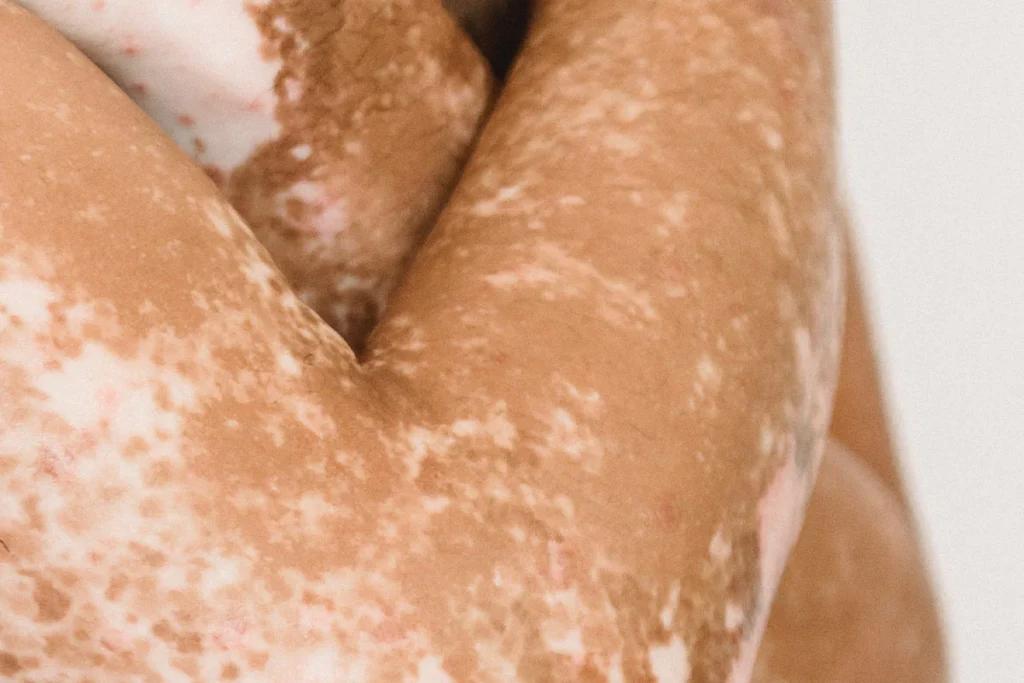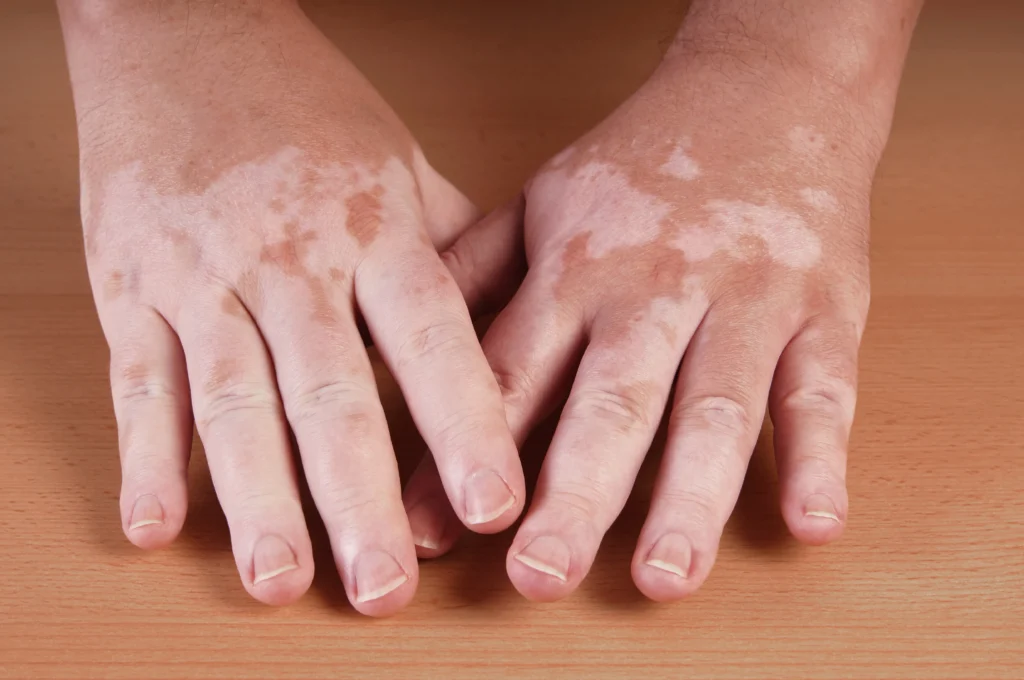White Spots on Skin After Swimming: Causes and Remedies
Are you a frequent swimmer who enjoys splashing in the pool? While swimming is a fantastic way to stay fit and cool off during those scorching summer months, it’s not uncommon to experience some unexpected skin issues. One such concern is the appearance of white spots on the skin after swimming. If you’ve ever wondered why this happens and how to tackle it, you’ve come to the right place. In this article, we’ll delve into the causes behind white spots on the skin after swimming and provide you with effective remedies to overcome this pesky problem.
Can Chlorine Cause White Spots on Skin?

Chlorine is a commonly used disinfectant in swimming pools to maintain cleanliness and prevent the growth of harmful bacteria. However, prolonged exposure to chlorine can have adverse effects on your skin. One of the potential side effects of chlorine is the development of white spots on the skin. These spots are often referred to as “swimmer’s white spots” and can appear on various parts of the body, including the face.
White Spots on Face After Swimming: Understanding the Issue
If you’ve noticed white spots specifically on your face after swimming, you might be wondering why they tend to show up in this area more prominently. The skin on the face is generally more sensitive and delicate compared to other parts of the body. This increased sensitivity makes the facial skin more prone to the effects of chlorine exposure. Moreover, facial skin is often subjected to more direct and prolonged contact with pool water, leading to a higher likelihood of developing white spots in this area.
The Culprit: Hypopigmentation
The appearance of white spots on the skin after swimming can be attributed to a condition called hypopigmentation. Pigmentation is responsible for giving color to our skin, hair, and eyes. When hypopigmentation occurs, there is a decrease in the production of melanin, the pigment that gives skin its color. Chlorine exposure can disrupt the normal production of melanin, leading to uneven skin tone and the formation of white spots.
Remedies for White Spots on Skin After Swimming

Now that we understand the causes behind these unsightly white spots, let’s explore some effective remedies to combat this issue:
- Moisturize Regularly: Keeping your skin well-hydrated is crucial in maintaining its health and resilience. Moisturizing regularly helps to restore moisture lost during swimming and counteracts the drying effects of chlorine. Look for moisturizers with ingredients like aloe vera, shea butter, or coconut oil, as they have soothing and nourishing properties.
- Use a Chlorine-Neutralizing Lotion: Chlorine-neutralizing lotions are specifically formulated to counteract the harmful effects of chlorine on the skin. These lotions help to remove chlorine residue and restore the skin’s natural pH balance. Apply the lotion generously after swimming to protect your skin and minimize the chances of developing white spots.
- Rinse with Fresh Water: After your swimming session, rinse your body thoroughly with fresh water. This step helps to wash away any lingering chlorine from your skin. Pay extra attention to areas prone to white spots, such as your face, arms, and neck.
- Apply Sunscreen: Sunscreen is not only essential for protecting your skin from harmful UV rays but also acts as a barrier between your skin and chlorine. Look for a broad-spectrum sunscreen with a high SPF and apply it generously before you dive into the pool.
- Take Breaks and Limit Exposure: While swimming is undoubtedly enjoyable, it’s important to give your skin some time to recover. Take breaks from swimming, especially if you notice white spots on your skin. Limiting your exposure to chlorine can prevent further damage and give your skin a chance to heal.
Remember, everyone’s skin is unique, and what works for one person may not work for another. If you continue to experience persistent white spots or other skin issues after swimming, it’s best to consult a dermatologist for personalized advice and treatment options.
Frequently Asked Questions

1. Why do some people get white spots on their skin after swimming while others don’t?
The occurrence of white spots on the skin after swimming can vary from person to person. Factors such as individual skin sensitivity, the concentration of chlorine in the pool, duration of exposure, and overall skin health can contribute to the development of white spots.
2. Can using a waterproof sunscreen prevent white spots on the skin?
While sunscreen is crucial for protecting your skin from harmful UV rays, it may not entirely prevent white spots caused by chlorine exposure. However, using a waterproof sunscreen can create a barrier between your skin and chlorine, reducing the chances of developing white spots.
3. Are there any natural remedies to treat white spots on the skin after swimming?
Some natural remedies that may help alleviate the appearance of white spots include applying fresh lemon juice or a mixture of apple cider vinegar and water to the affected areas. However, it’s important to note that results may vary, and it’s advisable to consult a dermatologist for proper diagnosis and treatment.
4. Do white spots on the skin after swimming go away on their own?
In many cases, white spots caused by chlorine exposure tend to fade over time as the skin naturally renews itself. However, the healing process can vary from person to person. Consistently following preventive measures and taking good care of your skin can help speed up the recovery process.
5. Can swimming in saltwater pools or natural bodies of water cause white spots on the skin?
While the chances of developing white spots after swimming in saltwater pools or natural bodies of water are relatively low, it’s still possible. Saltwater and natural bodies of water have different compositions than chlorinated pools, so the effects on the skin may vary. However, maintaining good skin care practices, such as moisturizing and rinsing after swimming, can help minimize the risk.
Remember, prevention is key when it comes to protecting your skin from the potential side effects of swimming. By following these remedies and taking proper care of your skin, you can enjoy your time in the water while minimizing the occurrence of white spots on your skin.
SwimRight Academy offers comprehensive swimming programs and resources to help you enhance your swimming skills and make the most of your aquatic experience. Be sure to check out their offerings and take a dive into the world of swimming with confidence!


